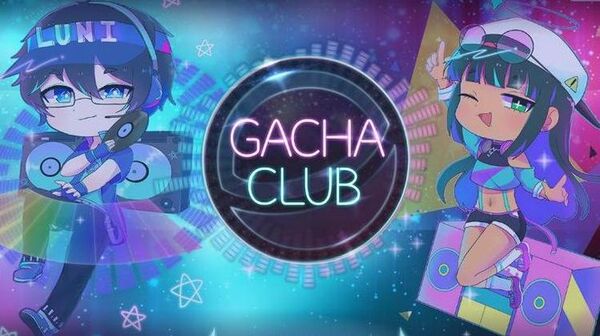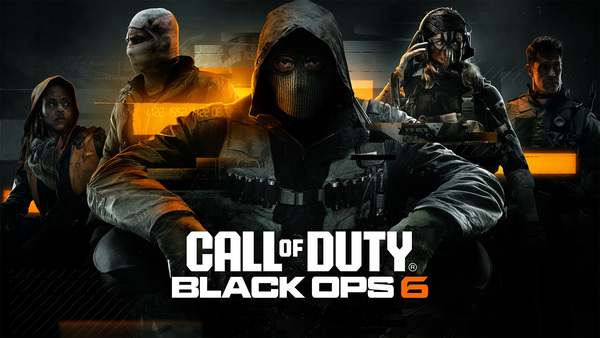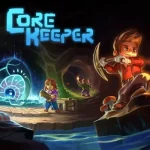Popular Now
Toca Life World has revolutionized how children explore their creativity in digital spaces. Its sandbox-style world, where users build custom locations, tell interactive stories, and shape characters' lives, is adored worldwide. Yet beneath this colorful and dynamic experience lies a major flaw—the absence of reliable cloud saving and data backup systems. This issue, though often underestimated, impacts user trust, emotional engagement, and long-term retention. This article explores this issue in-depth, highlighting its causes, real-world impact, and possible solutions.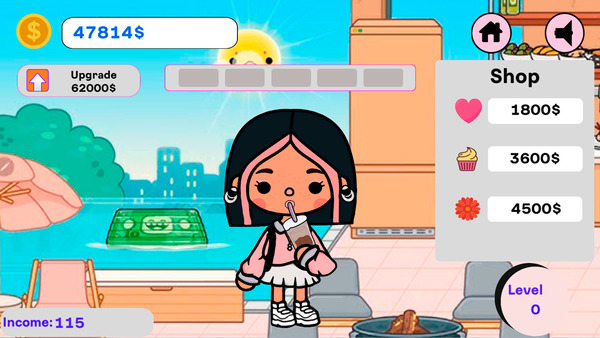
Conclusion (Paragraph):
The value of Toca Life World lies in its ability to let players build, imagine, and connect with their creations. But when those creations are unexpectedly erased, the game loses part of its magic. Fixing the problems related to user-generated content is more than just a technical challenge—it’s about respecting the time and creativity of its players. If Toca Boca wants to maintain trust and continue being a leader in imaginative play, it must prioritize data stability and offer better tools to protect player-made worlds.
The Creative Foundation of Toca Life World
Toca Life World was introduced as a platform that brings together all Toca Life apps under one universe. It allows players, mostly children and preteens, to engage in open-ended play, building homes, customizing characters, and inventing storylines without limits. This imaginative freedom is at the heart of its success.
Creativity in Toca Life World is not bound by goals or scoring systems. Instead, it thrives on emotional storytelling and player expression. Because children can build and control everything, the worlds they create become deeply personal. However, this kind of investment also creates a demand for long-term reliability, especially when it comes to saving progress.
The First Signs of Trouble: Early Complaints About Data Loss
As the user base expanded, more players began reporting that their data had disappeared. After updates, device changes, or accidental app deletions, entire worlds were lost—along with the emotional effort put into them.
These losses included custom rooms, original character designs, and unique home layouts. Some players even lost premium content they had purchased, leading to confusion and dissatisfaction. For children who spent days or weeks crafting stories in the app, this data loss wasn’t just annoying—it was heartbreaking.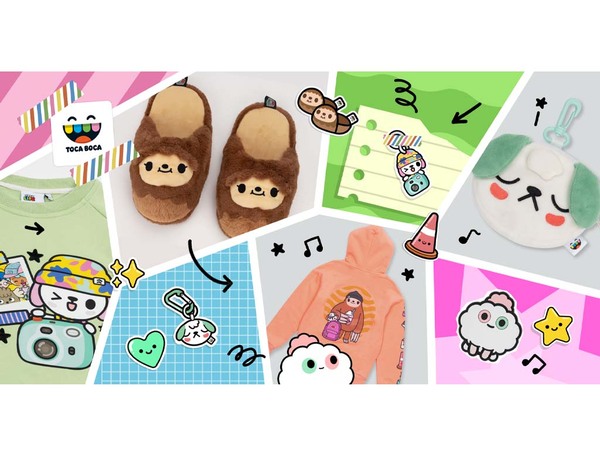
Technical Weaknesses: Why Toca Boca Doesn’t Use True Cloud Saving
The technical root of this issue lies in how Toca Life World saves data. Unlike many modern apps, it stores all user data locally on the player’s device. This includes character designs, furniture arrangements, and story progress.
While this system may simplify development and reduce costs, it also makes the app highly vulnerable to data loss. If the app crashes, is deleted, or if the device is reset or replaced, all progress can vanish. Unfortunately, younger users are often unaware of this risk, and there is no simple, visible warning or backup prompt to guide them.
No Cross-Device Syncing: One Device, One World
Today, many families use multiple devices, and it’s common for children to switch between phones, tablets, or shared family iPads. However, Toca Life World does not support cross-device syncing, which creates a major limitation.
If a player begins building their world on one device and then tries to continue on another, their world doesn’t carry over. There’s no log-in system or cloud-based save file that travels with the user. This becomes especially problematic when a device is lost, broken, or replaced—a common scenario in households with young users.
The Illusion of Ownership: In-App Purchases Without Protection
Toca Boca has built its monetization strategy around in-app purchases. Players can buy new homes, locations, characters, and decorative packs. However, without a reliable backup system, these purchases don’t always carry over safely.
In theory, players can “Restore Purchases” through the app, but this process is not well-explained or child-friendly. It doesn’t restore user-generated progress like custom worlds or character modifications—only the raw purchases. The result is a troubling disconnect between what players believe they own and what they actually control.
arental Concerns: Data Loss, Tears, and Refund Requests
The issue of data loss doesn’t just impact players—it affects parents too. When a child loses their world and becomes upset, the parent is often the one left trying to explain or fix the problem. Many parents have expressed frustration with the app’s lack of reliability.
App store reviews are filled with complaints about data resets, lost purchases, and unanswered support tickets. Some parents have requested refunds, while others report that their children were in tears after losing everything they had created. These emotional reactions underline how deeply connected children become to their digital creations.
The Community Response: DIY Backups and Workarounds
In the absence of an official solution, the Toca community has taken matters into their own hands. Experienced users have created YouTube videos, tutorials, and discussion threads to help others manually back up their data or minimize the risk of loss.
These unofficial solutions include using third-party file managers to extract and copy save files, taking screenshots of designs for reference, or avoiding app updates entirely. While helpful, these methods are not practical for young children. They also carry the risk of corrupting the game if done incorrectly.
Developer Response: Silence or Progress?
Toca Boca has been mostly silent on the issue of cloud saving. While they continue to release new content and cosmetic packs regularly, there has been little official acknowledgment of the need for improved data management tools.
Some updates appear to improve stability, but none have introduced features like cloud backup or cross-device syncing. For a company that emphasizes innovation and child-first design, this lack of transparency is surprising. Many players feel that Toca Boca is prioritizing sales over user experience and reliability.
Proposed Solutions: What Toca Boca Can (and Should) Do
Despite the technical challenges, many feasible solutions exist that could greatly improve the player experience. The most obvious is integrating a cloud-saving system that allows users to store their data online and access it across multiple devices.
A few recommended fixes include automatic cloud syncing via iCloud or Google Drive, a simple log-in system to connect user profiles, and an in-app backup and restore feature that even young children can use. These additions wouldn’t need to disrupt the existing experience—they could be tucked behind parental controls for safety.
The Long-Term Implication for Toca Boca’s Brand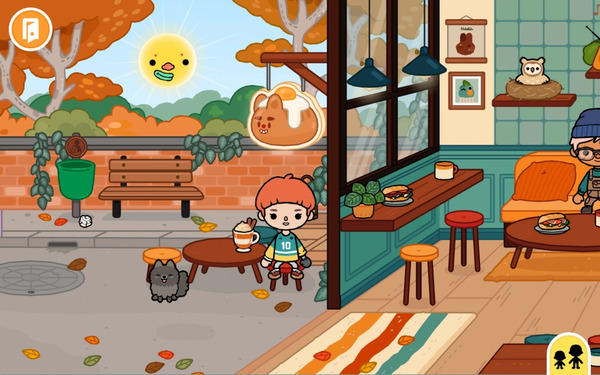
The issue of lost progress is more than just a bug—it reflects a deeper challenge in how the game respects player creativity. Toca Boca has long been a champion of open-ended play, emotional expression, and child empowerment. But when that creativity is not protected, the trust players place in the game erodes.
In an age where even free mobile games offer cloud syncing and account logins, Toca Life World’s local-only approach feels dated. If Toca Boca fails to address this issue, they risk falling behind competitors who offer more stable, secure environments for young creators. On the other hand, if they act swiftly, they could set a new industry standard for kid-safe cloud saving.
User creativity is the soul of Toca Life World—but when their worlds disappear without warning, it stifles imagination and breeds frustration. The lack of cloud saving and reliable data persistence is a serious flaw that affects both engagement and trust. Toca Boca has a golden opportunity to address this issue and truly support its community. With the right tools, young creators can keep building, dreaming, and telling stories—without fear that their worlds will vanish overnight.












